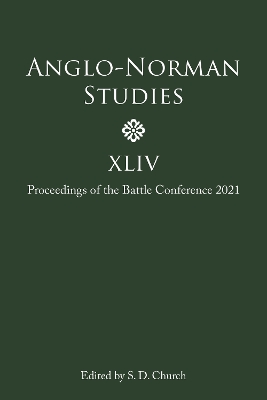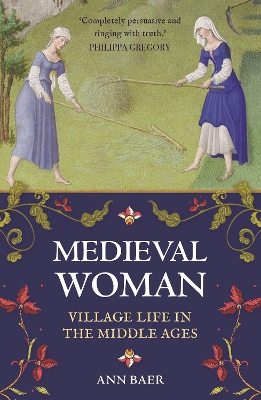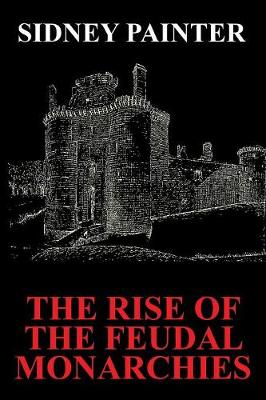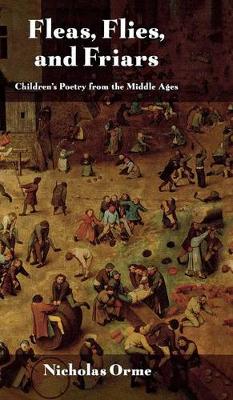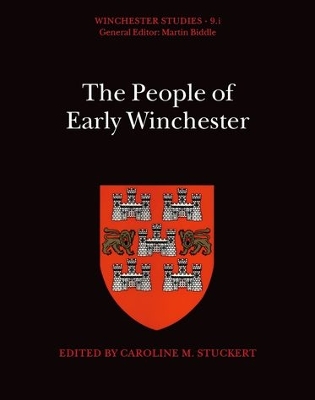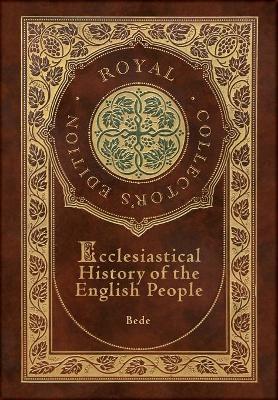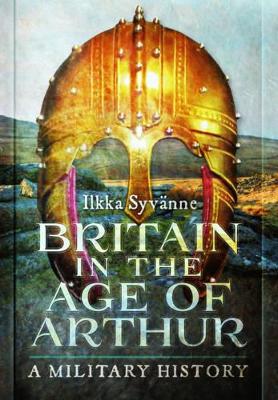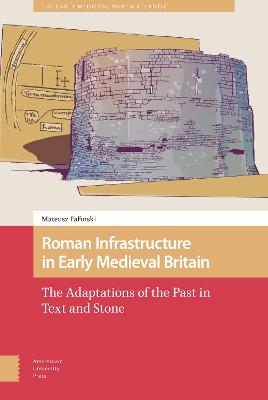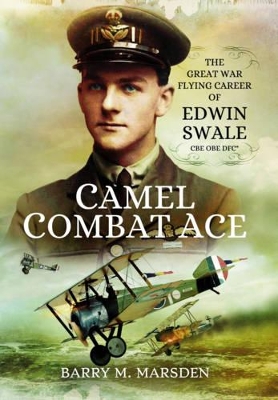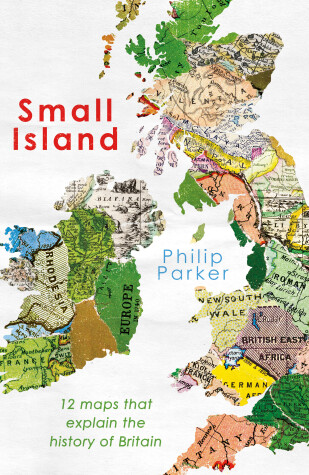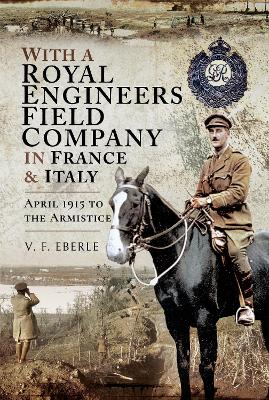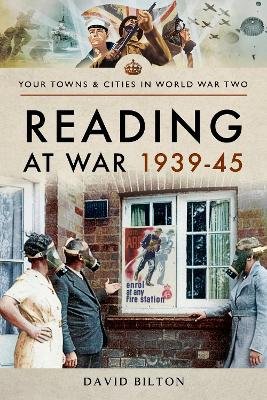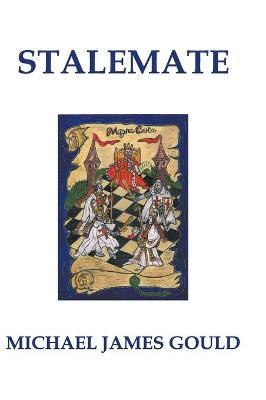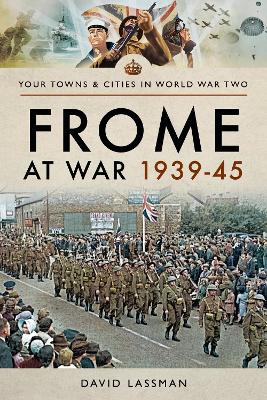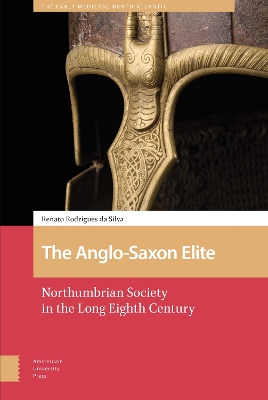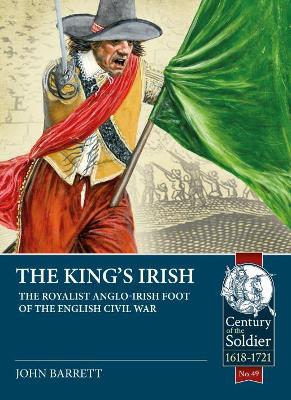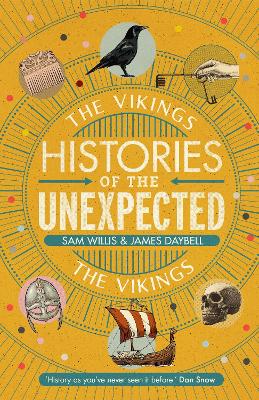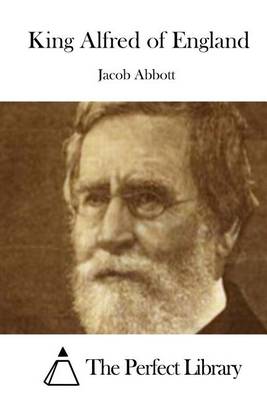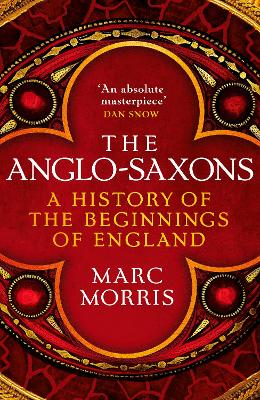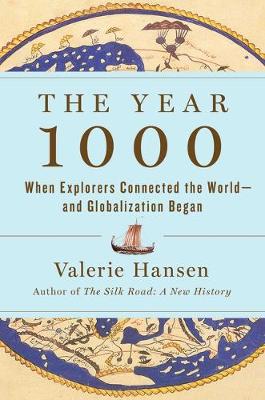The essays collected here demonstrate the rich vitality of scholarship in this area. This volume has a particular focus on the interrelations between the various parts of north-western Europe. After the opening piece on Lotharingia, there are detailed studies of the relationship between Ponthieu and its Norman neighbours, and between the Norman and Angevin duke-kings and the other French nobility, followed by an investigation of the world of demons and possession in Norman Italy, with additional...
A year in the life of a peasant woman in medieval England is vividly evoked in this extraordinary portrait of Marion, a carpenter’s wife, and her extended family. Based on years of research, Ann Baer brings to life the reality of a world that has been lost.Rising before dawn in a tiny village to a day of gruelling hard work, Marion and her husband face the daily struggle for survival. Starvation is never far away and travel to the next village is virtually unheard of. Existing without soap, pape...
Medieval children lived in a world rich in poetry, from lullabies, nursery rhymes, and songs to riddles, tongue twisters, and nonsensical verses. They read or listened to stories in verse: ballads of Robin Hood, romances, and comic tales. Poems were composed to teach them how to behave, eat at meals, hunt game, and even learn Latin and French. In Fleas, Flies, and Friars, Nicholas Orme, an expert on childhood in the Middle Ages, has gathered a wide variety of children's verse that circulated in...
Old English Lives of Saints, a series composed in the 990s by the Benedictine monk Aelfric in his distinctive alliterative prose, portrays an array of saints-including virgin martyrs, married virgins, aristocrats, kings, soldiers, and bishops-for a late Anglo-Saxon audience. At a turbulent time when England was under increasingly severe Viking attack, the examples of these saints modeled courageous faith, self-sacrifice, and individual and collective resistance. The Lives also covers topics as d...
The People of Early Winchester (Winchester Studies, 9.i)
This volume traces the lives, health, and diseases of Winchester's inhabitants as seen in their skeletal remains from the mid-third century to the mid-sixteenth century, a period of over 1,300 years. Although the populations of other British urban areas, York and London in particular, have been studied over an extended period, this volume is unique in providing a continuous chronological window, rather than a series of isolated studies. It is particularly notable for the large sample of Anglo-S...
Ecclesiastical History of the English People (Royal Collector's Edition) (Case Laminate Hardcover with Jacket)
by Bede
King Arthur is one of the most controversial topics of early British history. Are the legends based on a real historical figure or pure mythological invention? Ilkka Syvanne's study breaks new ground, adopting a novel approach to the sources by starting with the assumption that Arthur existed and that Geoffrey of Monmouth's account has preserved details of his career that are based on real events. He then interprets these by using 'common sense' and the perspective of a specialist in late Roma...
Roman Infrastructure in Early Medieval Britain (The Early Medieval North Atlantic)
by DR. ENG Mateusz Fafinski
Early Medieval Britain was more Roman than we think. The Roman Empire left vast infrastructural resources on the island. These resources lay buried not only in dirt and soil, but also in texts, laws, chronicles, charters, even churches and landscapes. This book uncovers them and shows how they shaped Early Medieval Britain. Infrastructures, material and symbolic, can work in ways that are not immediately obvious and exert an influence long after their creators have gone. Infrastructure can also...
Camel Combat Ace: The Great War Flying Career of Edwin Swale CBE OBE DFC
by Barry M. Marsden
This work follows the First World War career of Captain (later wing commander) Edwin Swale, CBE DFC and bar, who served with 210 Squadron RAF, piloting Sopwith Camel scouts between March and October 1918. During this timeframe, he destroyed seventeen enemy aircraft, the majority being the formidable Fokker DV11. He undertook a series of perilous operations, including patrols, bombing and strafing missions and bomber escorts. After the cessation of hostilities, he continued his flying career by p...
'Root to Stem is a seasonal and holistic approach to health that puts plants, herbs and nature at the heart of how we live and eat. It is a new kind of guide that links individual health to our communities and the planet's health to sustain us all.' This perfect companion to the seasons, this book will show you how to take greater control over your own health and well-being, treat everyday ailments, and ensure the sustainability of the planet through discovering how to forage, grow, or shop for...
The greatest questions of our future can be answered by twelve crucial moments in Britain's history.It wasn't long-ago that Britons could have been as at home in Varanasi as they could have been in Wolverhampton - why? - because the shape and location of Britain's land-mass has not always been the same, and with large parts of Britain scattered across the globe, British borders and its identity has always been on the move.But, by knowing more about the twelve pivotal moments that occurred over a...
VF Eberle MC joined up on the outbreak of the war in No 2 Field Company Royal Engineers, 48th (South Midland) Division, the same company as his brother, who was a captain in it. He was commissioned before sailing for France at the end of March 1915 and remained with it for the rest of the war. In that time he saw action on the Somme and in the Advance to the Hindenburg Line before his Division took part for most of the Battle of Third Ypres (Passchendaele). Transferred to Italy at the end of 191...
Reading at War 1939-45 (Towns & Cities in World War Two)
by David Bilton
As in the Great War, Reading in the Second World War was a town permanently in a state of flux. So close to London, so easily pinpointed by its proximity to the Thames, with railway lines converging near the town centre and with much of the town's industry geared up to essential war work, it was an obvious target for the German Luftwaffe when the war broke out. Knowing this, the council had set up an efficient Civil Defence system aided by government finance. Fortunately for the citizens, althou...
Frome at War 1939-45 (Towns & Cities in World War Two)
by David Lassman
Frome at War 1939-1945 is a comprehensive account of this Somerset market town's experience of the conflict, covering in detail life on the Home Front set against the background of the wider theatres of war. The narrative of that global struggle is given with a focus on the ordeals endured by the people of Frome, as they cheered their men and women fighters off to war, welcomed hundreds of evacuated men, women and children to the town, and contributed their part to the fight against Hitler and...
The Anglo-Saxon Elite (The Early Medieval North Atlantic)
by DR. ENG Renato Rodrigues da Silva
In all of the literature on Anglo-Saxon England, rarely has the question of social class been confronted head-on. The Anglo-Saxon Elite: Northumbrian Society in the Long Eighth Century draws upon recent research into topics such as religious practice, emotions, daily life, and intellectual culture to investigate how the aristocracy of Northumbria maintained social dominance over wider society. Moreover, this monograph suggests that the crisis that brought an end to Northumbria as an independent...
The English troops serving in Ireland were vital source of experienced and possibly war-winning manpower sought after by both King and Parliament in the Civil War. The "cessation" or truce which King Charles reached with the Irish Confederates in September 1643 enabled him to begin shipping over troops fro Ireland to reinforce the Royalist armies. During the following year the "Irish", as they were frequently if inaccurately known by both sides were an important factor in the war. The Nantwich...
The Vikings (Histories of the Unexpected)
by Dr Sam Willis and Professor James Daybell
Histories of the Unexpected not only presents a new way of thinking about the past, but also reveals the world around us as never before.Traditionally, the Vikings have been understood in a straightforward way - but the period really comes alive if you take an unexpected approach to its history. Yes, ships, raiding and trade have a fascinating history... but so too do hair, break-ins, toys, teeth, mischief, luck and silk!Each of these subjects is equally fascinating in its own right, and each sh...
Biography of the 1st Century monarch and defender of England from Viking invasion, from the 19th Century American writer of history and biographies for children.
__________________THE SUNDAY TIMES BESTSELLER 'A deep dive into one of the murkiest periods of our national history ... Splendid' DAN JONES, Sunday Times'Beautifully written, incredibly accessible and deeply researched' JAMES O'BRIEN'An absolute masterpiece' DAN SNOW'Illuminates England's weird and wonderful early history with erudition and wit' IAN HISLOP__________________Sixteen hundred years ago Britain left the Roman Empire and swiftly fell into ruin. Grand cities and luxurious villas were d...
Grab your magical sword and take the place of your favorite fantasy character with this fun and historically accurate how-to guide to solving epic quests. What should you ask a magic mirror? How do you outwit a genie? Where should you dig for buried treasure? Fantasy media's favorite cliches get new life from How to Slay a Dragon: A Fantasy Hero's Guide to the Real Middle Ages, a historically accurate romp through the medieval world. Each entry presents a trope from video games, books, movies,...
When did globalization begin? Most observers have settled on 1492, the year Columbus discovered America. But as celebrated Yale professor Valerie Hansen shows, it was the year 1000, when for the first time new trade routes linked the entire globe, so an object could in theory circumnavigate the world. This was the 'big bang' of globalization, which ushered in a new era of exploration and trade, and which paved the way for Europeans to dominate after Columbus reached America.Drawing on a wide ran...
